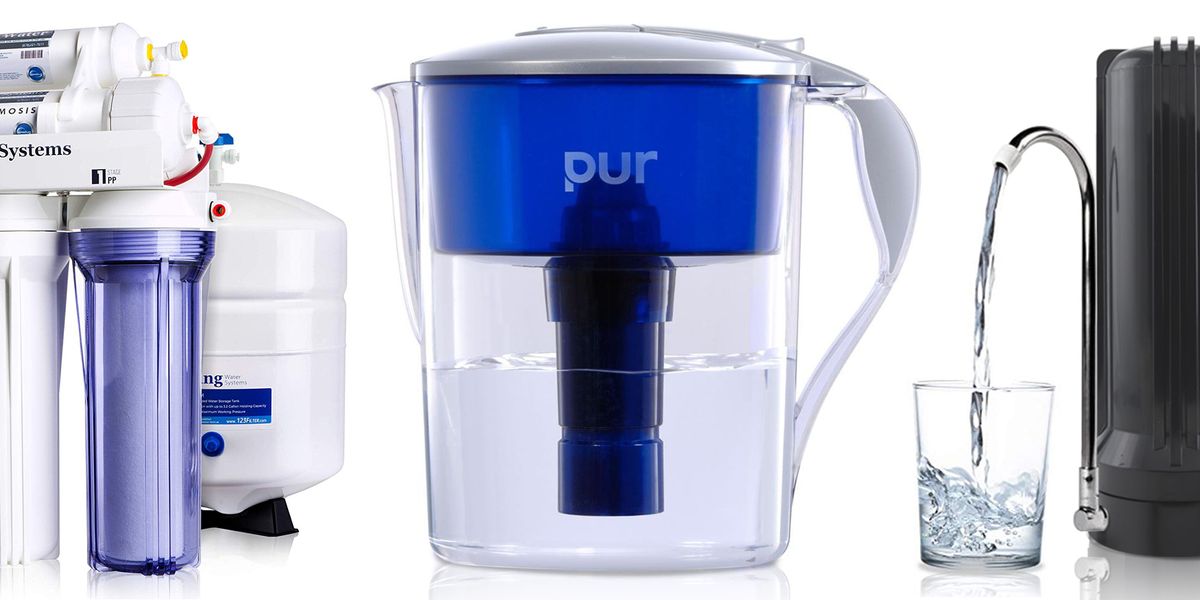Having the best water ionizer filter ensures that your whole family drinks safe and clean water. Did you know that it’s more economical and environmentally friendly to install a water filtration mechanism than depending on bottled water? As you look for a whole house water filter system or any other model, here is what you ought to know.
I. Test Your Household Drinking Water
Many times, the municipal water is chlorinated. This involves the use of chlorine or chloramines. So your sure bet is to get a carbon-based water filter as it eliminates chlorine. However, even the best countertop filter that uses carbon cannot effectively remove chloramines. That is why you should do your research to find out the specific chemicals that your water department uses to disinfect water. You will need a filter that specifically eliminates chloramines if it is one of the primary disinfectants.
Taste and smell could be the main reason you want to filter your tap water. It is advisable to check for other contaminants inside the municipality’s water. Be on the lookout for the levels of microbes, heavy metals, and pesticides your family might be exposed to. To go about it, you can check on Google the quality reports from the water company. You will find a list of chemicals they normally use. If chloramines are listed, then look for a filtration system that removes those chemicals — such as a 3-stage filtration system. Stay safe; not in the dark. Getting the wrong filter will not do you any good.
II. Filter Pitchers are Designed Differently
Hopefully, you know what contaminants you need to remove from your water supply. A good rule of thumb is to check whether a pitcher-style filter is certified to eliminate those particular pollutants. The certification is normally found on the packaging. It is rare to come by a pitcher that can get rid of all contaminants. The majority deals with bad tastes caused by hydrogen sulfide, zinc, and chlorine. Only a few select can effectively eliminate pharmaceuticals, hormones, VOCs, mercury, and lead. Check the labels closely for specific certification marks for each and every impurity.
Tap water comes with deadly foreign matter and a pitcher may not suffice to curb the problems. You might want to buy a comprehensive water filtration mechanism. If you choose a carbon-based filter, you may want to add a separate filter for drinking water. Whole house systems offer the best filtration.
III. Replacing the Filters is More Expensive in the Long-run
In the beginning, systems with replaceable filters seem less expensive. Over time, the cost of replacement adds up to significant amounts which you could have used to install a more comprehensive system. If you read most guidelines from the manufacturer, you are required to switch the filter after 2 months or after filtering 40 gallons of water. If you do not follow the instructions, your filter clogs up and collects too much contamination. Eventually, it may stop working. Moreover, the smells and tastes collected by a charcoal-based filter can have a long-lasting effect on your drinking water.
In case you see the rate of water flow slowing down, it is probably due to the filter being blocked by impurities. That is a sign that you need to replace it immediately. Certain pitchers come with filter-life indicators that alert you when to change the filter.
IV. The Size of a Filter Matters a Lot
Most people get a water filter once they become aware of how impure their household water is. But do you know what size of a water filter is right for your needs? How much space can you sacrifice just to have pure water running in your house? Where exactly do you want the system to be installed? Note that water filters come in large, medium, and small sizes.
Small water filters do not take much space. If you have a small kitchen, go for the best countertop filter as it does not obstruct your daily chores on the sink. Other systems that take little space are ion-exchange filters, activated charcoal filters, electronic models, and some reverse osmosis filters. The medium-sized designs require you to clear some storage space as they have a bigger capacity. Good examples are the distillation filter and ozone filter. Lastly, there are large water filtration systems that require a significant room. Some are so big that you need to reserve a basement or create a special shed. These are the whole-house water purifiers, multi-layer filters, and deionization units.
You should not complain about unpleasant taste and odor from tap water when you already know the solution. There is a broad range of water filters with different abilities. Whether you get an undersink filter or a simple pitcher, always test it to verify the manufacturer’s claims. If it is said to eliminate chlorine, find an expert in water filtration to check if that is true. You now have the right information to make an informed choice concerning the best water filter.


















